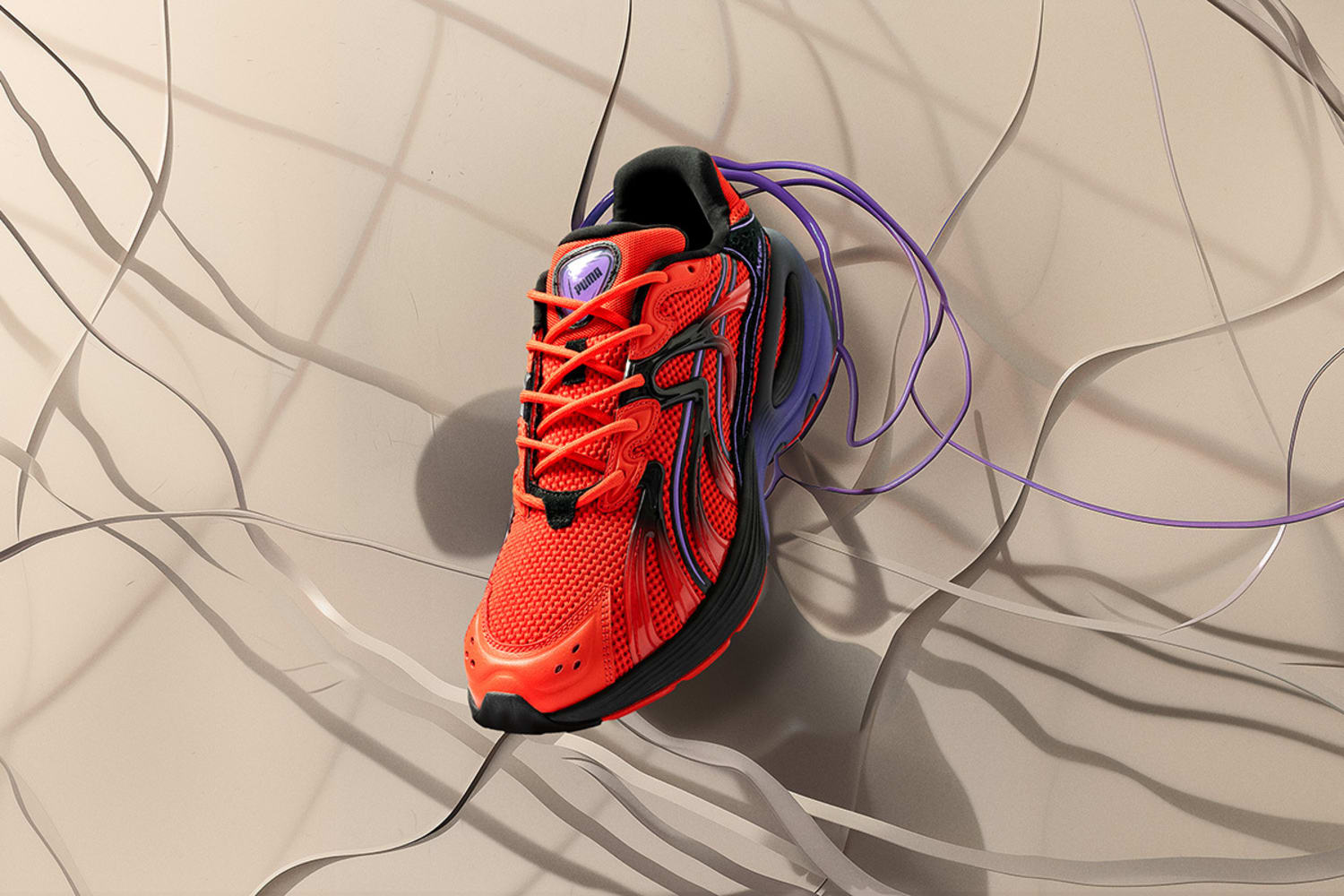Prominent fashion brands are exploring how they can harness artificial intelligence (AI) to enhance their creative process, whether it’s replicating a unique design language, streamlining workflows, or generating sketches and inspiration images.
Matthew Drinkwater, head of the Fashion Innovation Agency at London College of Fashion, which explores how emerging technologies will influence fashion brands and retailers, believes that AI’s impact on fashion will likely “grow significantly” and that “generative AI can be a powerful ally in fashion by enhancing creativity, enabling sustainability, and opening up new roles, so long as it's used to augment rather than replace human talent.” Drinkwater adds that AI is “poised to become an integrated part of the creative process, from ideation and trend forecasting to prototyping, marketing, and styling.”
Norma Kamali, who has honed her design signatures of sleek sportswear and swimwear over a 50-year career, is experimenting with AI to explore how it could carry on her ethos after she retires. The designer has teamed with Maison Meta to create a custom AI Design CoPilot, which has been trained on Kamali’s own designs and her copyrighted archive. She likens the process to “downloading her brain” to continue the legacy of the brand.
Similarly, outdoor brand Merrell’s senior design director Ian Cobb told Glossy earlier this year that the brand has been using the creative design AI tool Vizcom, alongside new AI, robotics, and consciousness tools to create designs based on Merrell’s own inputs. The brand hasn’t yet released an AI-designed creation, but Cobb said the tool is akin to “having an extra set of creative hands.”





